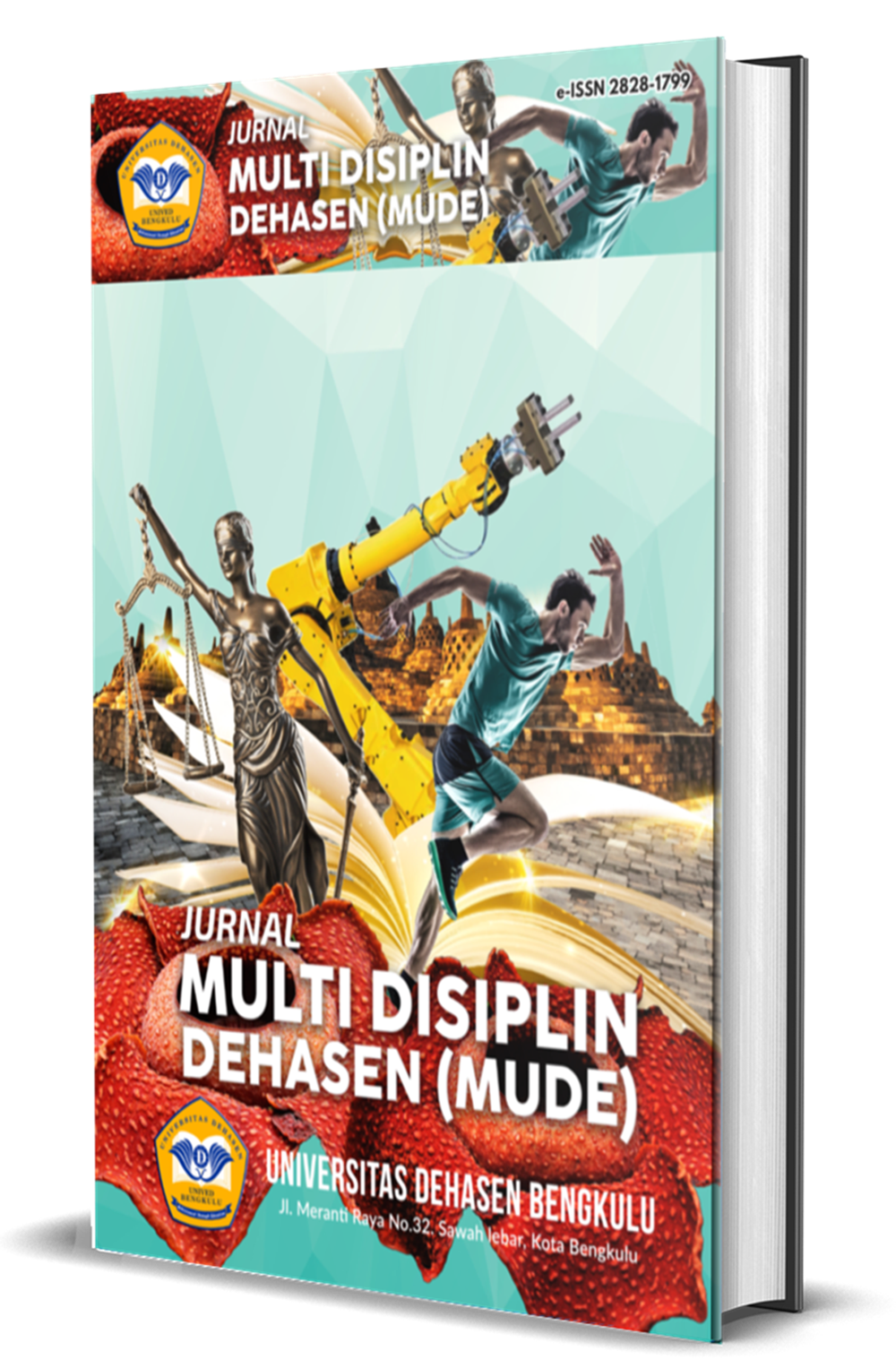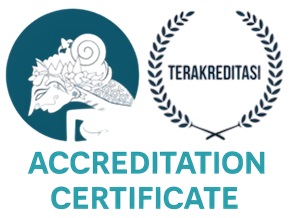Analisis Kreativitas Siswa Melalui Model Pembelajaran Problem Based Learning Pada Mata Pelajaran IPS Dalam Pelaksanaan Kurikulum Merdeka Belajar Di SMPN 21 Kota Bengkulu
Abstract
This research aims to determine students' creativity in learning Social Sciences in implementing the Independent Learning Curriculum at SMPN 21 Bengkulu City. This research uses a qualitative approach with a qualitative descriptive type. Data sources from social studies teachers and class VII students. Data collection techniques using observation, interviews and documentation. The data analysis techniques are data collection, data reduction, data presentation, and conclusion drawing. Meanwhile, checking the validity of the data in this research uses the triangulation technique. The results of the research show that the application of Problem Based Learning in Social Sciences subjects in the implementation of the independent learning curriculum increases student creativity. In line with the objectives of the independent curriculum, it is proven that there is the development of critical thinking skills and problem solving in a social context, with aspects of creativity such as fluency of thinking and the ability to develop ideas that have experienced a real increase. This research provides important insights for educators and policy makers in optimizing developing student creativity through social studies learning in the independent learning curriculum.
Downloads
Copyright (c) 2024 Zufiyardi Zufiyardi, Suharmi Suharmi, Fabella Puji Lestari

This work is licensed under a Creative Commons Attribution-ShareAlike 4.0 International License.











